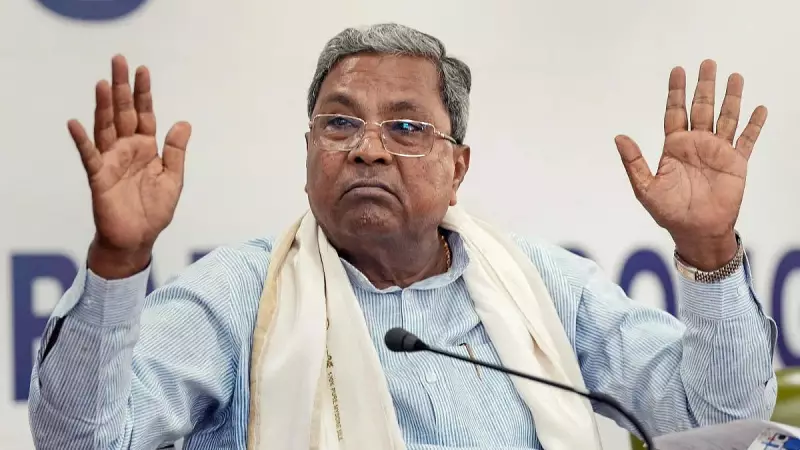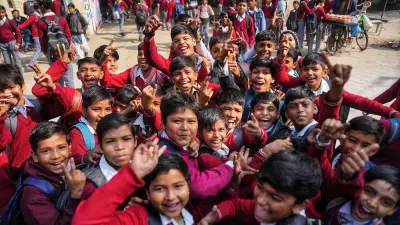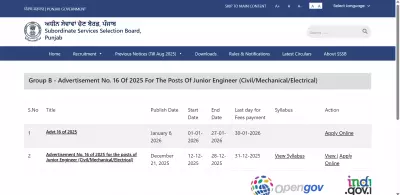
In a significant statement that's reigniting the language debate in Indian education, Karnataka Chief Minister Siddaramaiah has made a compelling case for instruction in mother tongues, suggesting that the current emphasis on English and Hindi is actually limiting children's potential.
The Core Argument: Native Languages as Foundation
The Chief Minister articulated that when children are educated in languages other than their mother tongue, it creates unnecessary barriers to learning. "The natural talent and cognitive abilities of our children are being weakened by forcing them to learn in English and Hindi," Siddaramaiah stated, emphasizing that this approach hampers rather than enhances educational outcomes.
Broader Educational Implications
This position challenges the prevailing trend where English-medium education is often perceived as superior and more aspirational. The CM's comments suggest a fundamental rethinking of how language policy affects not just cultural preservation but actual learning efficacy and intellectual development.
Cultural Preservation Meets Educational Excellence
The advocacy for mother tongue education represents more than just cultural conservation—it's presented as an educational imperative. The argument posits that children learn best when they can build knowledge upon the solid foundation of their native language, without the additional cognitive load of navigating unfamiliar linguistic terrain.
Potential Policy Shifts
While the statement stops short of announcing specific policy changes, it signals a potential shift in educational priorities within the state. The comments have already sparked discussions among educators, parents, and policymakers about the optimal balance between global communication needs and foundational learning principles.
This stance places Karnataka at the forefront of a growing conversation about decolonizing education and re-evaluating the role of native languages in shaping young minds for both local relevance and global competitiveness.





